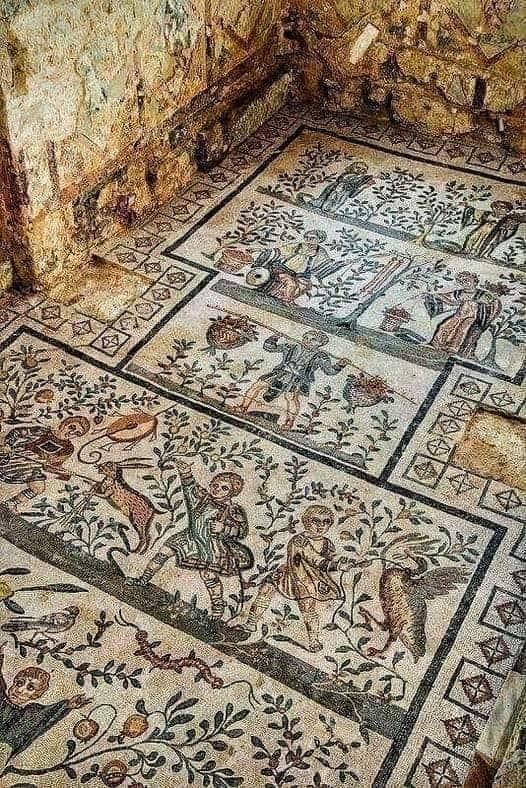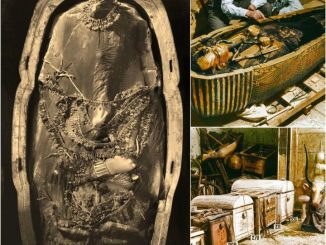Exploring the Splendor of the Villa Romana del Casale
Nestled in the picturesque landscapes of Piazza Armerina, Sicily, Italy, lies a treasure trove of ancient art and architecture – the Villa Romana del Casale. Among its many marvels, one feature stands out in particular: the magnificent Roman floor mosaic. In this blog post, we embark on a journey to uncover the beauty and significance of this extraordinary archaeological find, exploring its intricate details, historical context, and enduring legacy.

Reveling in the Intricate Designs
As we step into the Villa Romana del Casale, we are immediately greeted by the breathtaking sight of the Roman floor mosaic stretching across the floors of the ancient villa. Comprising over 37,000 square feet of intricate designs and vibrant colors, the mosaic is a testament to the skill and craftsmanship of the ancient artisans who created it. Each tile tells a story, depicting scenes from daily life, mythology, and history with remarkable precision and artistry. From graceful figures to elaborate geometric patterns, every detail of the mosaic captivates the imagination and transports us back in time to the height of the Roman Empire.
Unraveling the Historical Context
The Villa Romana del Casale, believed to have been constructed in the 4th century AD, served as a luxurious retreat for a wealthy Roman aristocrat. Its elaborate mosaic floors, among the largest and best-preserved in the world, provide invaluable insights into the lifestyle and tastes of the Roman elite during this period. The scenes depicted in the mosaic offer glimpses into various aspects of ancient Roman society, from scenes of leisure and entertainment to depictions of mythological figures and historical events. Through the mosaic, we gain a deeper understanding of the cultural and artistic achievements of the Roman Empire and the enduring legacy of its civilization.
Appreciating the Artistic Mastery
The Villa Romana del Casale mosaic is not merely a decorative feature; it is a masterpiece of artistic expression and technical skill. The meticulous attention to detail, the precision of the craftsmanship, and the vibrant colors used in the mosaic demonstrate the exceptional talent of the ancient artisans who created it. Each tile was carefully cut and laid by hand, a labor-intensive process that required immense skill and patience. The result is a work of art that continues to inspire awe and admiration centuries after its creation.
Preserving Ancient Heritage for Future Generations
As we conclude our exploration of the Villa Romana del Casale mosaic, we are reminded of the importance of preserving and protecting our ancient heritage for future generations. The mosaic serves as a tangible link to the past, offering valuable insights into the rich tapestry of human history and culture. By safeguarding sites like the Villa Romana del Casale and its magnificent mosaic, we ensure that the legacy of our ancestors lives on, inspiring and enriching the lives of generations to come. Let us continue to celebrate and cherish these treasures from the past, honoring the ingenuity, creativity, and resilience of those who came before us.


